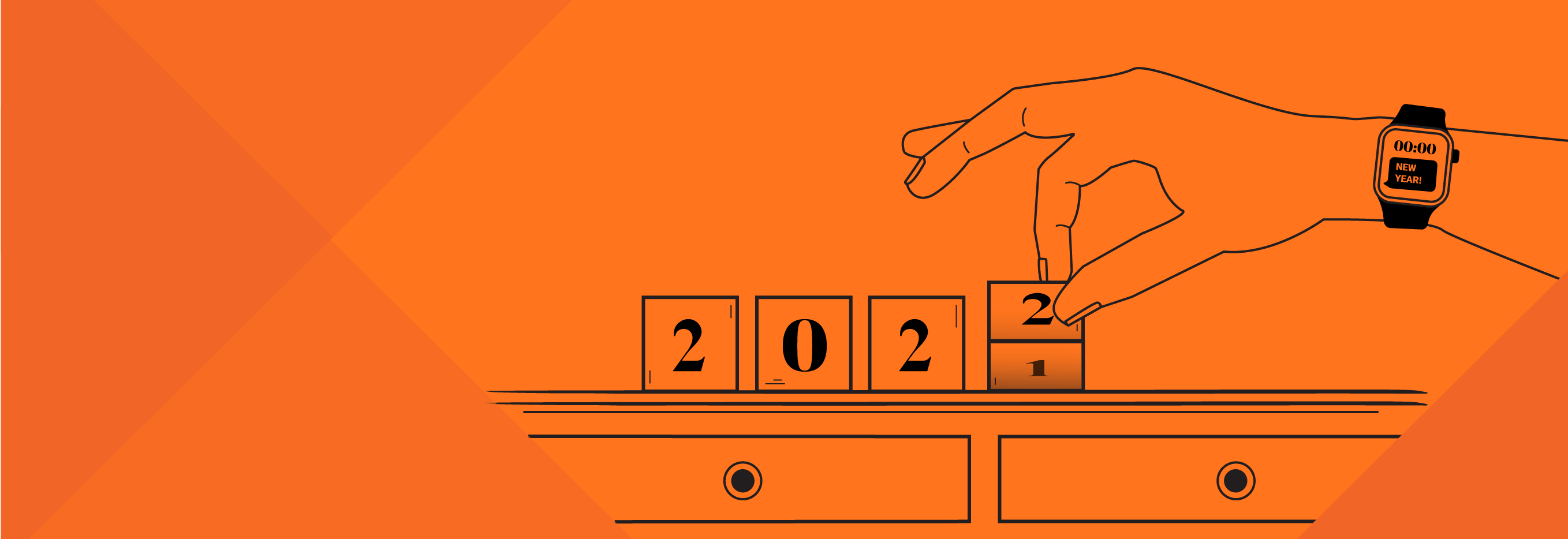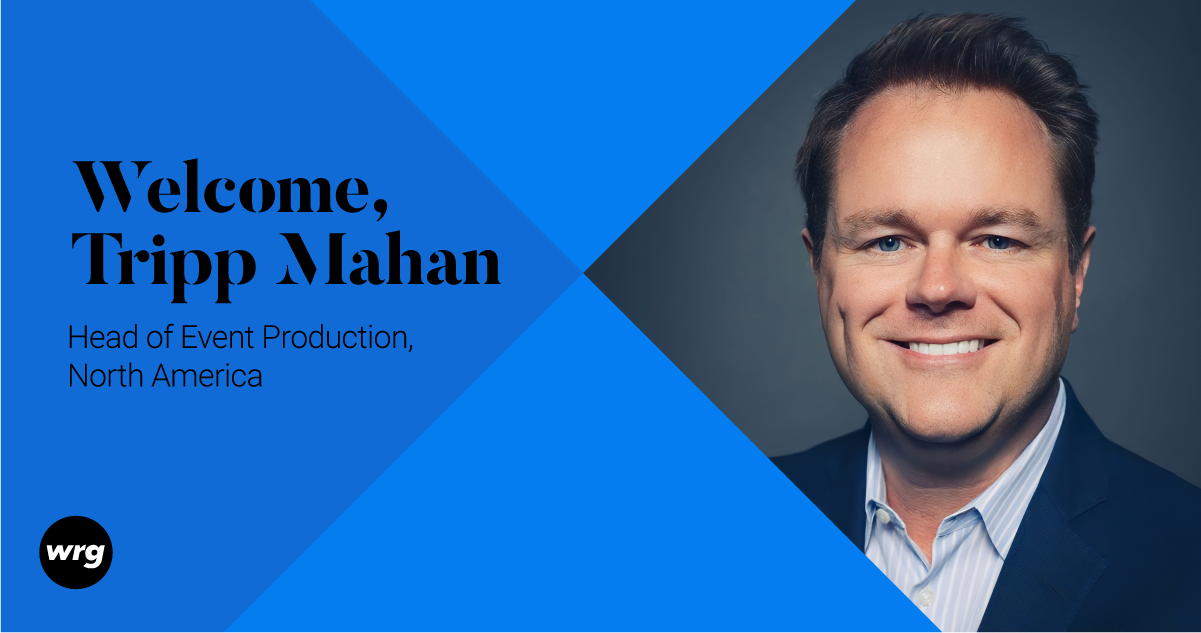How is delegate behaviour changing?
Originally published on C&IT here.
Two years of sitting in your front room watching the latest boxset might have felt like a pipe dream in Christmas 2019 but two years on and we are all very aware that not going out has its drawbacks.
Covid changed our attitude towards experiences. Before the pandemic we were already moving to value experiences rather than objects, but enforced isolation reinforced that trend. As we emerged from lockdowns at the beginning of 2022 there was a lot of talk about the Roaring 20s, a thought that we might go crazy for going out in response to restrictions. But something more subtle occurred.
What Covid actually did was to slow us down and to make us re-evaluate what an experience could and should be. Rather than emerging into an orgy of action, it appears that we are being more selective in our choices, looking for quality rather than the quantity we were seeking before. And with the current economic situation those choices are being reinforced for both B2B and B2C visitors. Which means if someone appears at your experience or event, they have put even more thought into attending than pre-pandemic and therefore represent more opportunity and value. Plus, more trust and faith in your product and brand.
Covid also opened our eyes to a greater understanding of the possibilities of hybrid or fully virtual experiences. We are all too familiar with what a bad virtual experience looks like, and we aren’t prepared to wait around to see if it might improve. But we are also more adventurous and accomplished in what we will engage with online, creating more opportunity for highly creative experiences in both B2B and B2C spaces.
Finally, many who were prepared to travel long distances for in-person experiences have now realised the value of tuning in virtually for cost and time saving. Business travellers are also influenced by the chance to reduce emissions as the corporate world strives to meet ambitious sustainability goals. But there is the risk that they will attempt to experience the event at the same time as doing their day-to-day work, and that kind of multi-tasking will mean your messages won’t hit home.
Combined, these factors create a challenge for event and experience planners. We must raise the bar on creativity yet remain completely on point with the most pragmatic of our messaging. No change there you might say, but we must do this in a hybrid world where costs are rising.
For those planners who have a clear model for return on experience it will be easier to both plan for effectiveness and demonstrate it to decision makers. But often the purchase decisions that relate to experiential marketing are hard to attribute and measurement is often an afterthought. If you can plan to address very particular attendee needs and show change in targeted actions such as length of visit, level of engagement with staff or recommendation for specific audiences, it is easier to measure these and show value within the marketing mix.
At WRG our Attendee Experience Design unit takes this approach to work with clients to focus on very specific challenges and make targeted recommendations for behaviour change through the combined disciplines of behavioural science, research and UX. By always beginning with the attendee at the heart of planning we can take into account the ways their behaviours have evolved in the last two years on a more intimate level, which makes it easier to decide whether you should host your hybrid experience on Zoom or within a virtual world. For example, based on understanding not only the audience’s familiarity with virtual platforms but also the drivers and blockers that might influence the uptake of those different offers.
It makes it simpler to justify your recommendation that an event must be physical only if you know that delegates see networking as a driver of status in way that doesn’t translate online. In the end it is about the humility to approach experiences in a new way. To recognise that we need to take different approaches to what might have previously been instinctive, to place attendees at the centre and to respond to their increase in discernment with the reward of an experience thoughtfully and ultimately scientifically designed experiences to help and support people.
To arrange a conversation with Katie or another member of the AXD unit click here.
Or, to find out more about WRG's Attendee Experience Design Unit head here.



